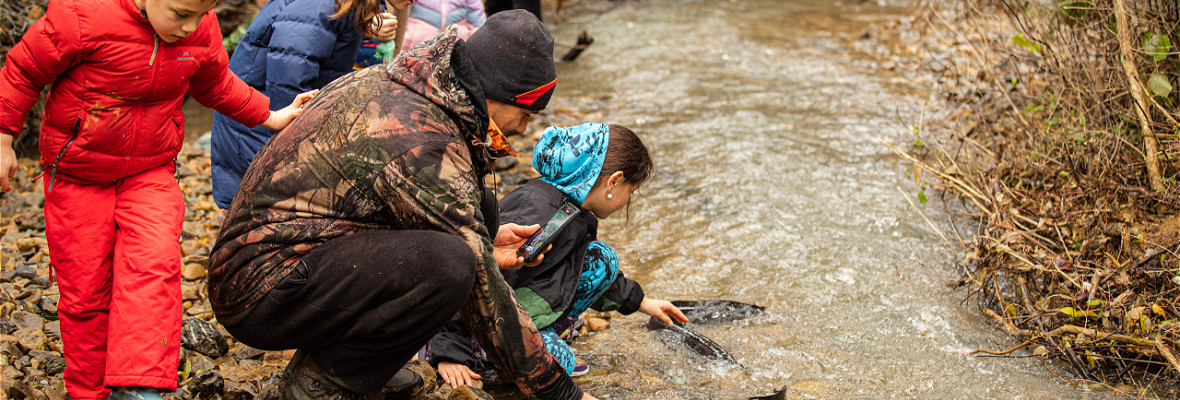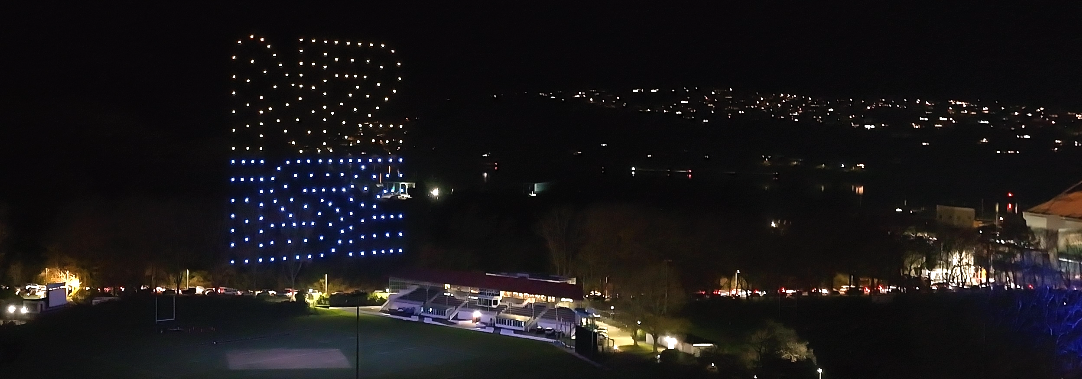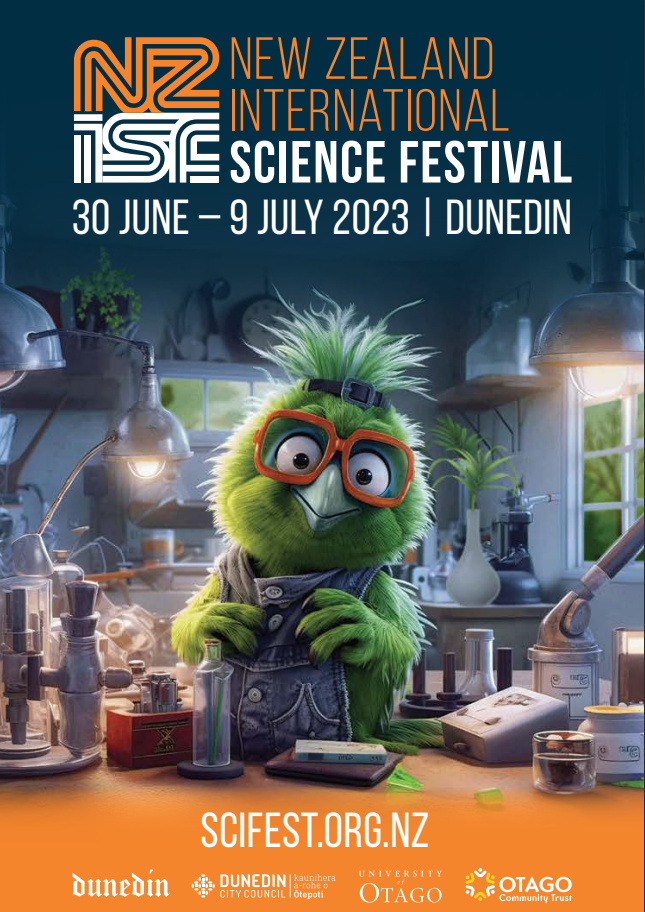
A panel discussion about how we remove barriers for Māori to enact kaitiakitanga and what this looks like in practice.
Accessibility information: The venue has asked us to ask ticket holders to check if anyone has accessibility requirements that require a ramp for access to the venue. They have a ramp and are more than happy to deploy it when required, but just need to ensure they have the right staff rostered on to do so.
So please e-mail [email protected] if you require a ramp, and they’ll ensure everything is ready for you beforehand. They would also like us to pass on that they’re working on a more permanent solution for the future. Thank you for your understanding.
How do we remove barriers for Māori to enact kaitiakitanga and what does this look like in practice? Vision Mātauranga has been an integral part of the National Science Challenges, which has resulted in a wealth of kaupapa-based research and examples of Te Tiriti-based partnership and engagement. Come hear about some of these efforts from locally- and nationally-based researchers involved in this work.
Panel:

Linda Faulkner - Sustainable Seas National Science Challenge
Tumai Cassidy - New Zealand's Biological Heritage National Science Challenge (not pictured)
Naomi Aporo - Our Land & Water National Science Challenge
James Berghan - Building Better Towns, Homes & Cities National Science Challenge
Jon Procter - Resilience to Nature's Challenges National Science Challenge
Moderator: Katharina Ruckstuhl
Established in 2014, the eleven government-funded National Science Challenges are cross-disciplinary, mission-led programmes designed to tackle New Zealand’s biggest science-based challenges. As they enter their final year of funding, representatives of each Science Challenge will gather in Dunedin across four nights to discuss some of the impactful research that has come out of these initiatives and how it is being applied across Aotearoa for the benefit of us all.
The adjoining Dish Cafe will be open before and after this event for coffee and drinks. Nibbles will be provided after the talk to encourage the conversation to continue.
Panel Talk Multi-Buy Discount! Purchase tickets to three or more of our panel talks and receive a $5 discount per ticket. Discount automatically applied at checkout – tickets must be purchased at the same time.
Discount applies to the following talks:
The Future of Energy
AI and the Workforce
Healthier Kiwis: A National Science Challenges Panel
Liveable Cities: A National Science Challenges Panel
Enabling Kaitiakitanga: A National Science Challenges Panel
Feeding Aotearoa: A National Science Challenges Panel
Antimicrobial Resistance
Panelist Bios:
Naomi Aporo (Kahungunu, Rangitane, Ngai Tahu, Nga Puhi) is the Kaihāpai Māori (Senior Leader Māori) at Our Land and Water. She provides specialist expertise, advice and support to ensure that that language that we use is correct and appropriate, and that we are respectful of the Māori culture. Naomi is also a Fresh Water Fellow for the NEXT Foundation, an organisation that is proud to support projects that have huge aspirations, but are also run by inspirational kiwis looking to make a difference to real problems for the benefits of our land and our people. She’s also the Group Manager for Wakatū Group, which is owned by the Māori customary owners of the Nelson region, and designed to support the families of Wakatū, as well as their wider region with an economic base of products they create from the land and water and sell in Aotearoa and export around the world.
James Berghan is of Te Rarawa and Te Aupōuri descent, from Te Oneroa a Tohe (90 Mile Beach) in the winterless Far North. In 2020, James completed a PhD at the University of Otago, exploring principles of collective housing in urban papakāinga and cohousing developments as part of the Building Better Homes Towns and Cities (BBHTC) National Science Challenge. Since then, he has continued to research with BBHTC on projects looking at housing experiences of students and emerging adults in Dunedin, as well as a concept called ‘kaupapakāinga’ (a housing model for Māori who live away from their ancestral lands). James is based in Te Whanganui-a-Tara, where he works as a Senior Lecturer in Māori Designed Environments at the School of Architecture, at Te Herenga Waka Victoria University of Wellington.
Tumai Cassidy (bio coming soon!)
Linda Faulkner: Linda Faulkner is the Manahautū/Deputy Director Māori for the Sustainable Seas NSC. Linda is of Ngāti Rangi and Whanganui descent from the southern central plateau region and the Whanganui River. She has worked for many years in the environmental management sector and has spent much of her career seeking to facilitate recognition and application of mātauranga Māori to mainstream environments. Linda is currently the Director of Tutaiao Ltd., a private consultancy focusing on people, policy and planning, and was recently appointed to the role of Natural Sciences Commissioner with UNESCO New Zealand. In her previous position she was General Manager Māori at the EPA, where she gained extensive experience in the area of environmental and cultural risk assessment and management. Linda has also served on several MBIE research investment panels and worked for Te Papa supporting the developing policy and process that ensured implementation of effective bicultural partnership.
Jonathan Procter (Muaupoko, Ngāi Tahu) is a Professor of Natural Hazards at Massey University. He has contributed to developing research that focuses on volcanic hazard simulation and working with communities to increase resilience to natural and environmental hazards. Jonathan manages the Volcanic Risk Solutions research group and has contributed nationally to developing new research directions in volcanology. Being one of only a handful of Māori professorial scientists, Jonathan feels he has a duty to contribute to Māori development. His greatest contribution in this respect has been the development of a new area of research on mātauranga Māori, volcanic hazards and building resilience in Māori communities.
Moderator Katharina Ruckstuhl is the Kaitohutohu of the Otago Business School’s Te Maea: Māori and Indigenous Economy and Enterprise Network. She leads a number of research projects, including in the Science for Technological Innovation National Science Challenge, where she is the Vision Mātauranga deputy leader of the Challenge and co-leads the Building New Zealand’s Innovation portfolio. She is also the Associate Director Māori on the Dodd-Walls Centre of Research Excellence. Her broader research focuses on innovation and Māori business, resource extraction, energy transition and Māori policy.

